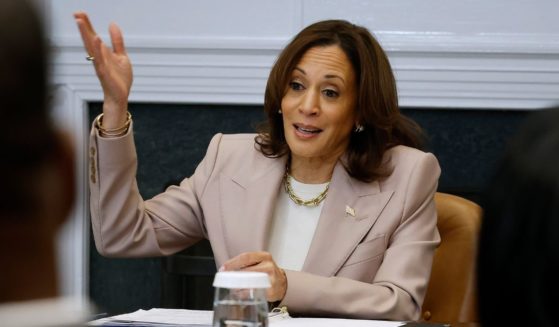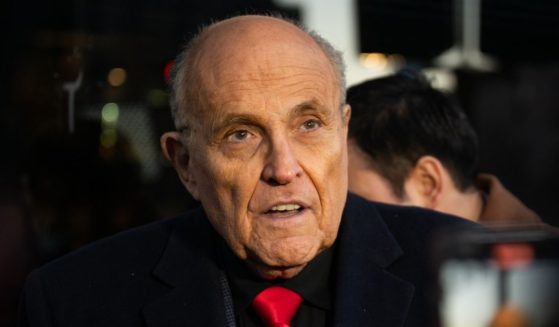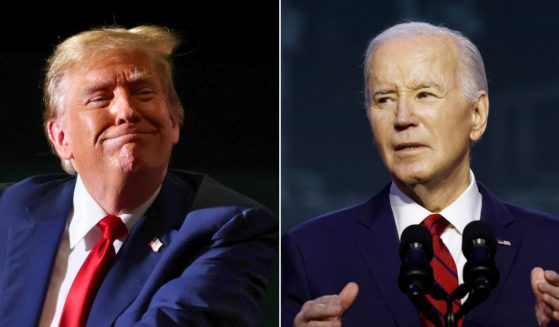State Calls Off Execution After Supreme Court Says Inmate's Pastor Must Be Allowed in Room
An Alabama inmate on Thursday won a reprieve from a scheduled execution after the U.S. Supreme Court said the state must allow his pastor in the execution chamber.
The lethal injection of Willie B. Smith III was called off after justices upheld an injunction issued by the 11th U.S. Circuit Court of Appeals saying he could not be executed without his pastor present.
Alabama has maintained that non-prison staff should not be in the execution room for security reasons.
Department of Corrections spokeswoman Samantha Rose said the execution would not proceed given the ruling.
“Willie Smith is sentenced to death, and his last wish is to have his pastor with him as he dies,” Justice Elena Kagan wrote in an opinion joined by three other justices, including Amy Coney Barrett.
“Alabama has not carried its burden of showing that the exclusion of all clergy members from the execution chamber is necessary to ensure prison security. So the State cannot now execute Smith without his pastor present, to ease what Smith calls the ‘transition between the worlds of the living and the dead,’” Kagan wrote.
The case was the latest in a series of legal fights over personal spiritual leaders at executions. The court in 2019 halted the execution of a Texas inmate who claimed his religious freedom would be violated if his Buddhist spiritual advisor wasn’t allowed in the execution chamber with him.
Justice Brett Kavanaugh suggested in a dissent that states that want to avoid litigation on the issue “should figure out a way to allow spiritual advisors into the execution room, as other states and the federal government have done.”
Justices Samuel Alito and Neil Gorsuch did not disclose how they voted, but both would have had to side with Kavanaugh, John Roberts and Clarence Thomas for the execution to proceed.
Alabama Attorney General Steve Marshall did not immediately comment on the decision to cancel the execution.
“Mr. Smith pled that he believes that the point of transition between life and death is important, and that having his spiritual advisor physically present at that moment is integral to his faith,” Smith’s lawyers wrote in court documents.
After the lethal injection was canceled, Smith was taken from a holding cell by the execution chamber back to his cell on death row, a prison spokeswoman said.
Smith, 51, had been scheduled to be put to death at a south Alabama prison for the 1991 murder of 22-year-old Sharma Ruth Johnson in Birmingham.
Prosecutors said Smith abducted Johnson at gunpoint from an ATM, stole $80 from her and then took her to a cemetery where he shot her in the back of the head. The victim was the sister of a police detective.
“Over twenty-nine years ago, Smith gunned down a woman whose only crime was stopping to use the ATM,” attorneys for the state wrote in court documents seeking to let the lethal injection proceed.
Justices vacated another stay issued by the 11th Circuit related to Smith’s intellectual capacity. His lawyers argued the state failed to give Smith, who has an IQ below 75, required assistance with forms affecting the timing of his execution.
The Alabama attorney general’s office in court filings disputed that Smith is disabled.
If the execution had gone forward, it would have been the first by a state since last July 8.
The Western Journal has reviewed this Associated Press story and may have altered it prior to publication to ensure that it meets our editorial standards.
Truth and Accuracy
We are committed to truth and accuracy in all of our journalism. Read our editorial standards.












